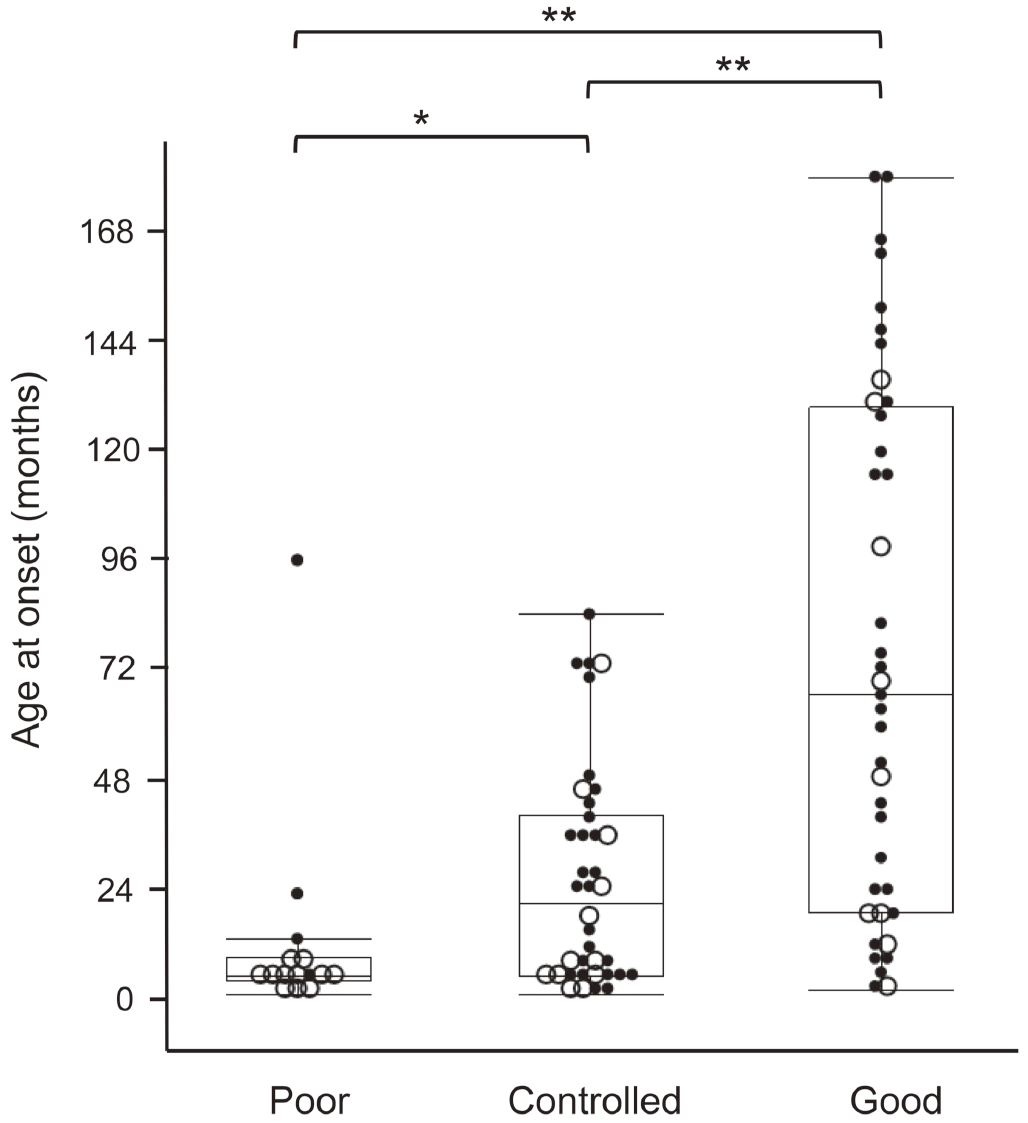- J-STAGE home
- /
- Neurologia medico-chirurgica
- /
- Volume 63 (2023) Issue 5
- /
- Article overview
-
Satoru OSHINO
Epilepsy Center, Osaka University Hospital Department of Neurosurgery, Osaka University Graduate School of Medicine
-
Naoki TANI
Epilepsy Center, Osaka University Hospital Department of Neurosurgery, Osaka University Graduate School of Medicine
-
Hui Ming KHOO
Epilepsy Center, Osaka University Hospital Department of Neurosurgery, Osaka University Graduate School of Medicine
-
Kuriko KAGITANI-SHIMONO
Epilepsy Center, Osaka University Hospital Department of Pediatrics, Osaka University Graduate School of Medicine Department of Child Development, United Graduate School of Child Development, Osaka University
-
Shin NABATAME
Epilepsy Center, Osaka University Hospital Department of Pediatrics, Osaka University Graduate School of Medicine
-
Koji TOMINAGA
Epilepsy Center, Osaka University Hospital Department of Pediatrics, Osaka University Graduate School of Medicine
-
Takufumi YANAGISAWA
Epilepsy Center, Osaka University Hospital Department of Neurosurgery, Osaka University Graduate School of Medicine
-
Masayuki HIRATA
Epilepsy Center, Osaka University Hospital Department of Neurosurgery, Osaka University Graduate School of Medicine
-
Haruhiko KISHIMA
Epilepsy Center, Osaka University Hospital Department of Neurosurgery, Osaka University Graduate School of Medicine
2023 Volume 63 Issue 5 Pages 173-178
- Published: May 15, 2023 Received: September 21, 2022 Released on J-STAGE: May 15, 2023 Accepted: December 21, 2022 Advance online publication: April 06, 2023 Revised: -
(compatible with EndNote, Reference Manager, ProCite, RefWorks)
(compatible with BibDesk, LaTeX)



